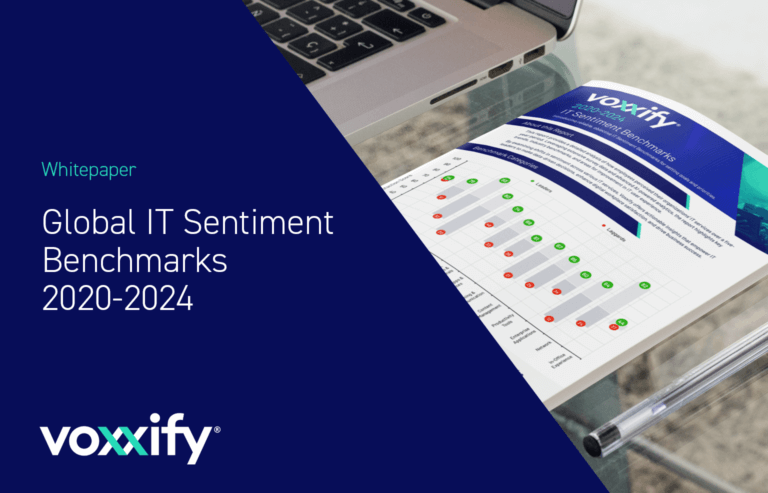In the realm of modern IT operations, data is more than just a buzzword—it’s a goldmine of insights waiting to be harnessed.
5 Reasons IT Ticket Data Analysis Needs AI
One of the most valuable sources of data in IT comes from the tickets generated by users seeking assistance.
The complexity and volume of this data, however, demand a sophisticated approach. This is where Artificial Intelligence (AI) steps in as a game-changer.
In this blog post, we propose 5 reasons why AI is essential for analyzing IT ticket data and how it can revolutionize IT operations.
1. Speed and Scalability
The sheer volume of IT tickets pouring in from across an organization can overwhelm even the most efficient IT teams. AI systems, equipped with advanced algorithms and computing power, excel at processing large datasets at lightning speed. By leveraging AI, IT departments can swiftly analyze thousands of tickets, identifying patterns, trends, and anomalies that could be otherwise missed in manual analysis. This speed ensures that critical issues are addressed promptly and that emerging trends are detected early.
2. Pattern Recognition and Anomaly Detection
AI brings a level of sophistication to data analysis that enables it to uncover intricate patterns within IT ticket data. By training AI models on historical ticket data, organizations can identify recurring issues, common user concerns, and even potential root causes of problems. Moreover, AI’s ability to detect anomalies means that unusual patterns or unexpected incidents can be flagged for further investigation, enhancing proactive problem-solving.
3. Natural Language Processing (NLP)
IT ticket data is often filled with user-generated text descriptions of issues they’re facing. NLP, a subset of AI, empowers systems to understand and process human language, enabling them to categorize, extract insights, and even predict user needs. This means that AI-driven analysis can not only identify keywords and phrases but also comprehend the context, sentiment, and urgency of user requests, leading to more accurate and relevant responses.
4. Predictive Analytics
Imagine if you could predict when IT issues are likely to occur and take preventive actions. AI’s predictive analytics capabilities enable organizations to do just that. By analyzing historical ticket data and correlating it with other factors like system performance, user behavior, and environmental conditions, AI models can forecast potential problems. This proactive approach minimizes downtime, enhances user satisfaction, and optimizes resource allocation.
5. Continuous Learning and Improvement
One of AI’s most remarkable traits is its ability to learn and improve over time. As AI systems analyze more IT ticket data, they refine their algorithms, making predictions and recommendations more accurate. This continuous learning loop empowers IT departments to make informed decisions based on evolving insights, enabling them to fine-tune processes, optimize resource allocation, and align technology solutions with real-world needs.
Conclusion
In an era where data reigns supreme, the ability to extract meaningful insights from the barrage of IT ticket data is a competitive advantage. AI isn’t just a buzzword—it’s a tool that equips IT departments with the capability to process data at unprecedented speed, recognize complex patterns, comprehend human language, predict future issues, and evolve through continuous learning.
By embracing AI for IT ticket data analysis, organizations can transform the way they manage technology operations, enhancing user experiences, optimizing resource allocation, and ensuring their technology landscape is not just efficient but also proactive and user-centric.
As we navigate the complexities of modern IT, the integration of AI isn’t just essential—it’s revolutionary.



